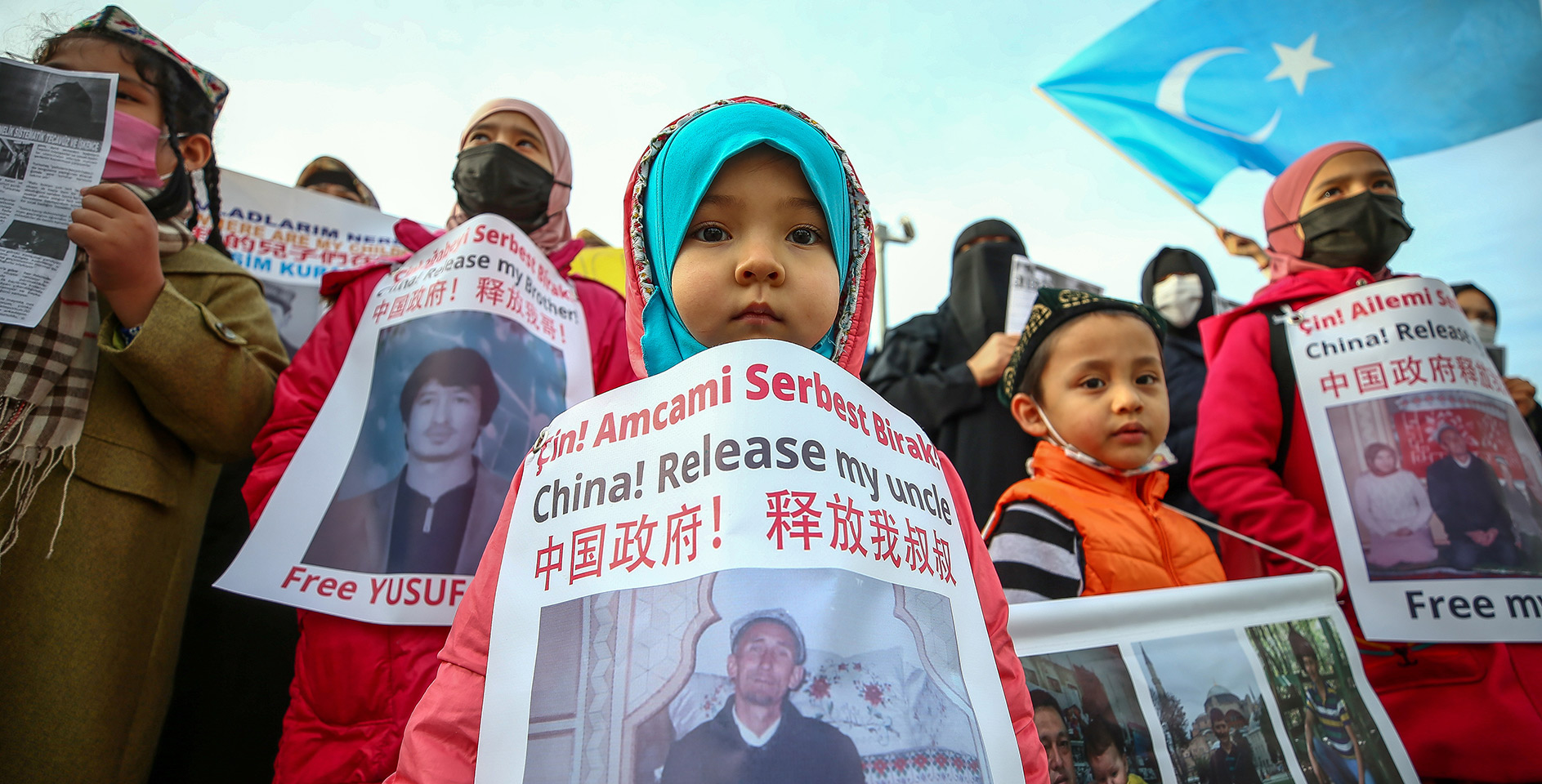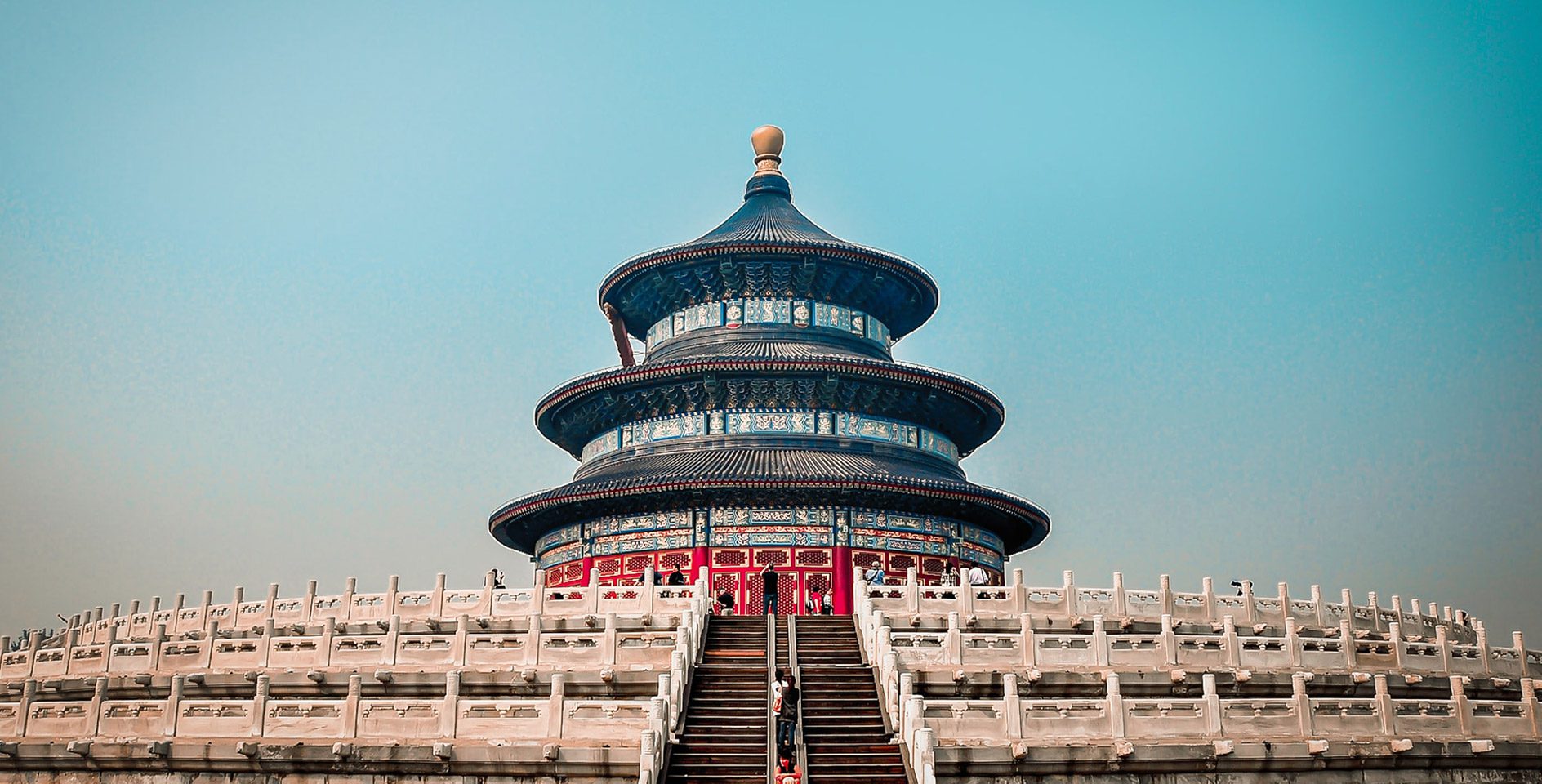Last week, the Chinese Communist Party (CCP) took new steps in their ongoing campaign against Hong Kong’s democracy. Apple Daily, a popular pro-democracy newspaper that was often critical of Beijing, was forced to close down while a handful of its journalists were arrested.
What happened?
This most recent crackdown is months in the making. The CCP passed a broad national security law in June 2020 that criminalized secession, subversion, collusion, and other activities. Beijing has used the law extensively over the past year to arrest protestors, dissidents, and human rights activists. Jimmy Lai, the founder of Apple Daily, was even arrested late last year under the national security law for participating in an unauthorized assembly in October 2019.
With Apple Daily’s founder in prison, it seemed as though the newspaper’s days were numbered. Police raided the paper’s office on June 16 and confiscated hard drives, arrested top editors, and froze the company’s assets. Less than one week after the raid, Apple Daily said that it was closing its doors permanently. Late last week, the paper printed one million copies of its final edition which sold out at stalls across the city.
On top of the office’s closure, Hong Kong police have arrested at least seven staffers from the shuttered newspaper. Most notably, Fung Wai-kong, a senior editor at Apple Daily, was arrested under the national security law on Sunday evening in the Hong Kong airport as he attempted to board a flight for the United Kingdom. He was released on bail two days later and is scheduled to report back to the police in late July.
What is Apple Daily?
Apple Daily was a pro-democracy newspaper that mixed both salacious gossip and investigative journalism and was unapologetically critical of the CCP. Apple Daily’s founder, Jimmy Lai, started the company in 1995 after Beijing threatened his lucrative international clothing brand in response to multiple articles he wrote criticizing the CCP’s response to the Tiananmen Square Massacre. In the newspaper’s 26-year run, it became a staple of daily life in Hong Kong and a thorn in the CCP’s side as it produced story after story investigating and ridiculing party officials.
What is the relationship between Hong Kong and China?
Hong Kong operates under the decades-old principle of “one country, two systems,” which defines the relationship between the city and the rest of mainland China. Under the agreement brokered by the British when they handed Hong Kong over to China in 1997, the city was guaranteed a “high degree of autonomy” without political interference from Beijing over the course of a 50-year transition period. As a result, Hong Kong has its own legal and political system that is strikingly distinct from the mainland. In exchange for guaranteeing these freedoms, western democracies treated Hong Kong with a special status, allowing Hong Kong to serve as an important banking and trading hub with mainland China and the region.
What does this mean for Hong Kong?
Apple Daily’s closure is a signal of Beijing’s intent to further restrict the freedoms that Hongkongers have enjoyed for nearly a quarter century. Article 27 of Hong Kong’s quasi-constitution, the Basic Law, says “Hong Kong residents shall have freedom of speech, of the press and of publication; freedom of association, of assembly, of procession and of demonstration; and the right and freedom to form and join trade unions; and to strike.”
Unfortunately, Hong Kong’s unique autonomy may well be fundamentally weakened due to the new National Security Law. The closure of Apple Daily under the pretense of national security concerns directly undermines Article 27’s protections for free speech, freedom of the press, and the freedom to assemble. The crackdown on Hong Kong’s press seems to confirm many advocates’ worst fears — that Beijing is going to use the National Security Law to take away Hongkongers individual liberties.
What will happen next?
The Biden administration has largely stayed the course set by former President Trump of increased pressure on China. Last year, the Trump administration declared that Hong Kong was no longer sufficiently autonomous from China to merit its special status which included trade privileges and other benefits. Antony Blinken, Biden’s secretary of state, concurred earlier this year, saying in a mandated annual determination regarding Hong Kong’s status that, “Over the past year . . . China has continued to dismantle Hong Kong’s high degree of autonomy, in violation of its obligations under the Sino-British Joint Declaration and Hong Kong’s Basic Law.”
In addition to maintaining the State Department’s determination, a bipartisan group of senators has called on President Biden to impose sanctions on the CCP over the closure of Apple Daily. The senators cited the July 2020 Hong Kong Autonomy Act, which gives the president the authority to sanction “any foreign person, including foreign businesses, that are ‘materially contributing’ to the ‘inability of the people of Hong Kong to enjoy the freedom of assembly, speech, press, or independent rule of law.” Biden appears likely to heed the senators’ advice as he also issued a statement last week declaring his administration’s unwavering support for Hongkongers and their democratic institutions.
However, U.S. sanctions will likely only have a limited effect. When Hong Kong first changed hands to Chinese control, its economy represented almost 20% of China’s GDP. Today, that number is below 3%. In short, the backlash China has received from the West for undermining Hong Kong’s autonomy simply matters less to Beijing than it used to. Therefore, while sanctions from the U.S. government are likely, it appears as though Hong Kong will continue to lose the freedoms it has enjoyed as the CCP hardens its stance against democracy at home and abroad.
The ERLC is supportive of the Hong Kong Safe Harbor Act, which designates Hong Kong residents as Priority 2 refugees and streamlines their admission process to the United States. This important bill would ensure that the United States can be a place of refuge for Hongkongers fleeing political persecution. The ERLC will continue to monitor the situation as it develops and advocate for policies that protect and promote fundamental human rights around the world.









